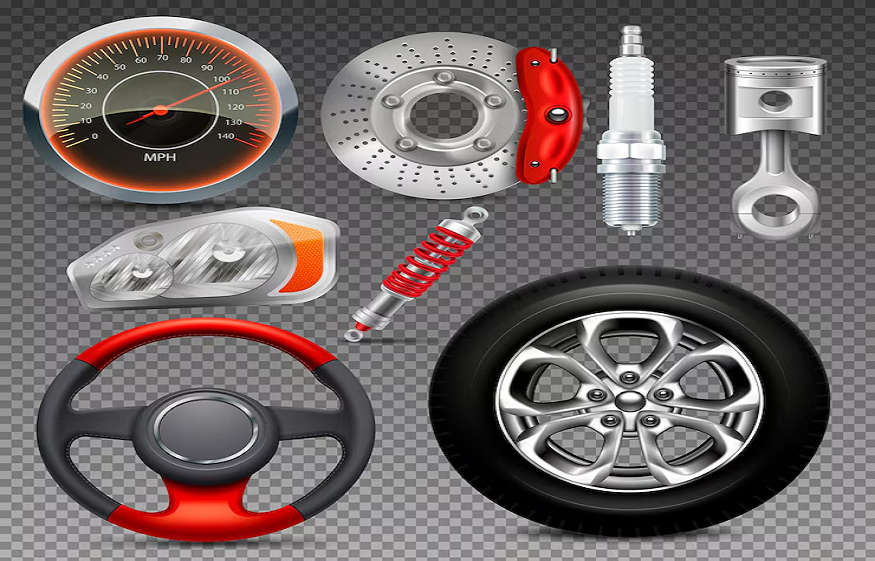
Car accessories the top 9 essentials
In France, every car must have on board the vehicle documents (registration document and insurance), a safety vest and an approved warning triangle as well as a breathalyzer meeting NF standards (chemical or electronic).
But beyond what is mandatory and regulated, we advise you to place certain accessories or equipment in your glove compartment or trunk.
1. The first aid kit
Whether you’re treating minor or major injuries, we recommend keeping a small kit with compresses, bandages, disinfectant, cotton wool, small scissors, and tweezers. For less than €10, this little kit can be very useful (and is already mandatory in some countries).
2. An insurance statement and a pen
Not having a statement on you means you risk not filing your car insurance claim correctly if necessary. And not having a pen to fill it out is even worse. To help you write it, click here. How to properly fill out your statement. If you prefer a digital version of the statement, opt for the e-statement , which works well.
3. A puncture repair kit
In the event of a puncture, you will need to act quickly.
In more and more vehicles, the spare tire is sold as an option and is replaced by a puncture repair kit. The number one priority is therefore to know which camp you fall into:
> The spare wheel (or equivalent) which will also require having a jack but also knowing how to use it.
A little reminder of how to change a wheel is necessary.
> The least manual one with a full anti-puncture bomb , easier to use and which will allow you to drive to the nearest garage. How to use it here
4. The bulb and fuse box
Every vehicle must be equipped with working lights (fines of up to €450). If one of your lights or electrical circuits plays a trick on you and stops working, it is essential to have the means to replace it as soon as possible, otherwise you risk being fined in the event of an inspection.
It is therefore more than recommended to have spare bulbs and fuses on hand.
5. A pair of sunglasses
Essential! In both summer and winter, the sun’s rays can make driving difficult. And driving blind (or almost blind) is strictly prohibited.
6. A phone charger
Not so you can use your phone while driving, but because today your smartphone also serves as a GPS, and in the event of an accident, you need to be able to use it to alert emergency services. A charger or spare battery might just save the day.
7. The ice scraper
If you’re asking your car to spend the night in the cold, at least have something to pamper it with in the morning… Preferably, it has a little built-in fleece glove to protect you from the cold.
8. Water
Whether it’s to hydrate yourself in case of intense heat or prolonged traffic jams, or to rinse your hands after a quick mechanical check, water is your car ally!
9. The “Sleep on site” kit
You’re a responsible driver, and if your breathalyzer test says “no” after a night out or a meal with a bit too much alcohol, you’ll have to spend the night there. So remember to pack the essentials, whether you’re sleeping in the back of your car or at a friend’s house: a blanket, glasses or contact lens kit, wipes, etc. Everything you need to be fresh and ready to hit the road the next day!
Archives
Calendar
| M | T | W | T | F | S | S |
|---|---|---|---|---|---|---|
| 1 | 2 | 3 | 4 | 5 | 6 | |
| 7 | 8 | 9 | 10 | 11 | 12 | 13 |
| 14 | 15 | 16 | 17 | 18 | 19 | 20 |
| 21 | 22 | 23 | 24 | 25 | 26 | 27 |
| 28 | 29 | 30 | 31 | |||
Leave a Reply